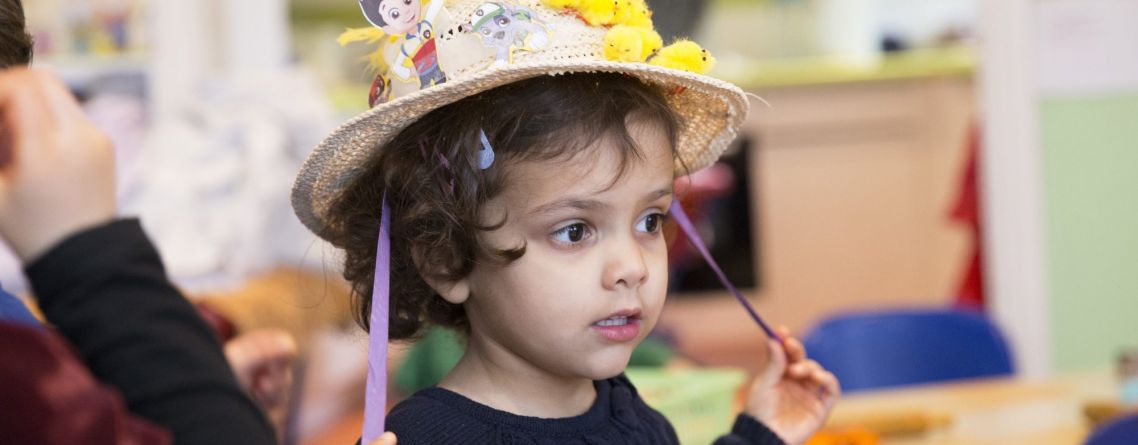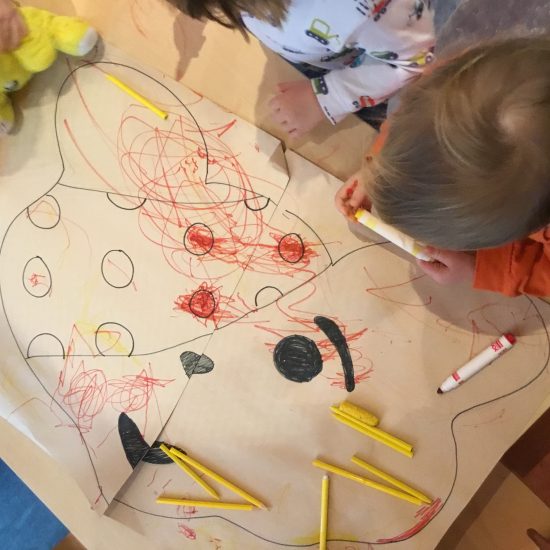SEND Graduated Response System
Assess
In identifying a child as needing SEN support, the key person, working with their supervisor, the SENCO and the child’s parents, will have carried out an analysis of the child’s needs. This initial assessment will be reviewed regularly to ensure that support is matched to need. Where there is little or no improvement in the child’s progress, more specialist assessment may be called for from specialist teachers or from health, social services or other agencies beyond the setting. Where professionals are not already working with the setting, the SENCO should contact them, with the parents’ agreement.
Plan
Where it is decided to provide SEN support, and having formally notified the parents, the key person and the SENCO should agree, in consultation with the parent, the outcomes they are seeking, the interventions and support to be put in place, the expected impact on progress, development or behaviour, and a clear date for review. Plans should take into account the views of the child. The support and intervention provided should be selected to meet the outcomes identified for the child, based on reliable evidence of effectiveness, and provided by practitioners with relevant skills and knowledge. Any related staff development needs should be identified and addressed.
Parents should be involved in planning support and in reinforcing the provision or contributing to progress at home.
Do
The key worker remains responsible for working with the child on a daily basis. With support from the SENCO, they should oversee the implementation of the interventions or programmes agreed as part of SEN support. The SENCO should support the Keyworker in assessing the child’s response to the action taken, in problem solving and advising on the effective implementation of support, together with their supervisor.
Review
The effectiveness of the support and its impact on progress should be reviewed at the agreed date. The impact and quality of the support should be evaluated by the practitioner and the SENCO working with the child’s parents. They should together agree on any changes to the outcomes and support for the child in light of the child’s progress and development. Parents should have clear information about the impact of the support provided and be involved in planning next steps. This cycle of action will be reviewed in increasing detail and with increased frequency, to identify the best way to secure good progress. At each stage parents will be engaged with the nursery, contributing to assessment and planning. Intended outcomes should be shared with parents and reviewed with them, along with action taken by the setting, at agreed times.
The graduated approach should be led and co-ordinated by the settings SENCO working with and supporting individual practitioners in the setting and informed by the EYFS materials, the Early Years Outcomes guidance and Early Support resources.
EHAP
If a multi-agency approach is necessary,







